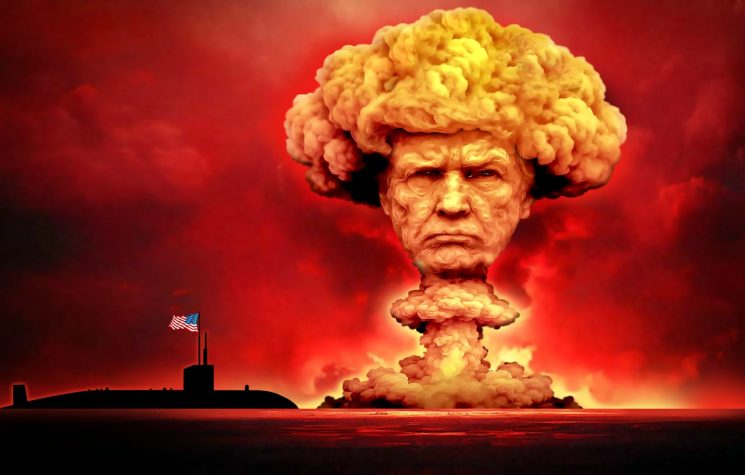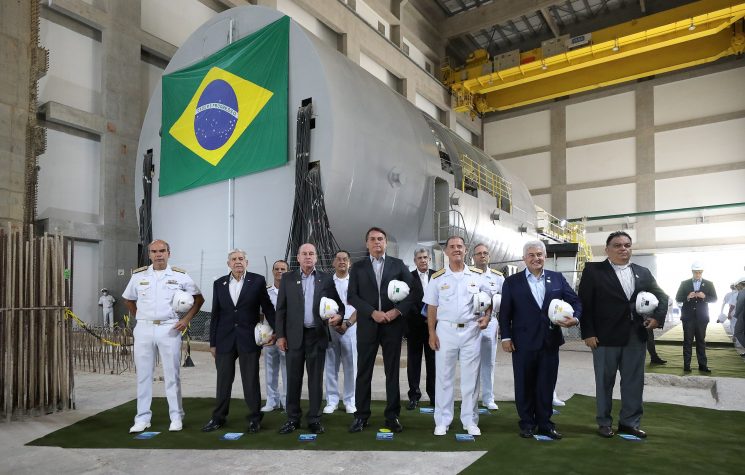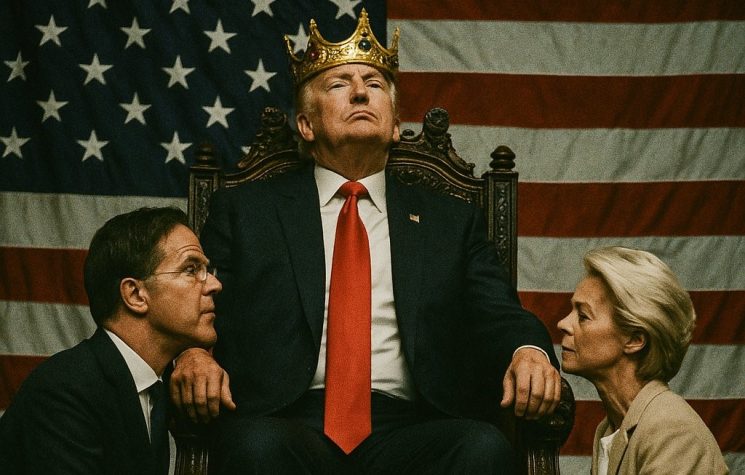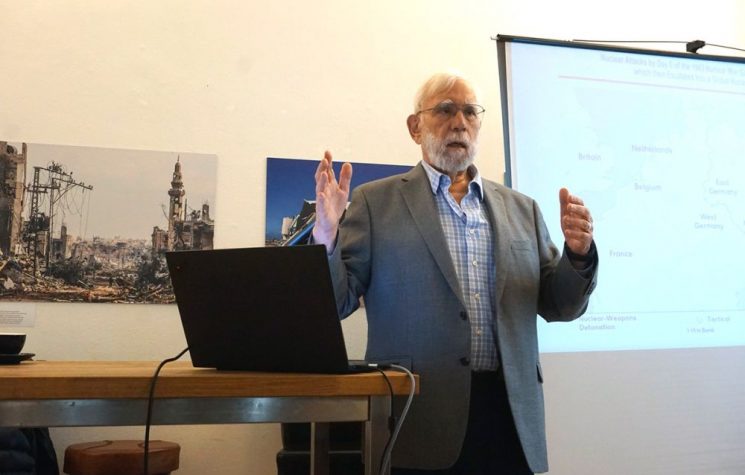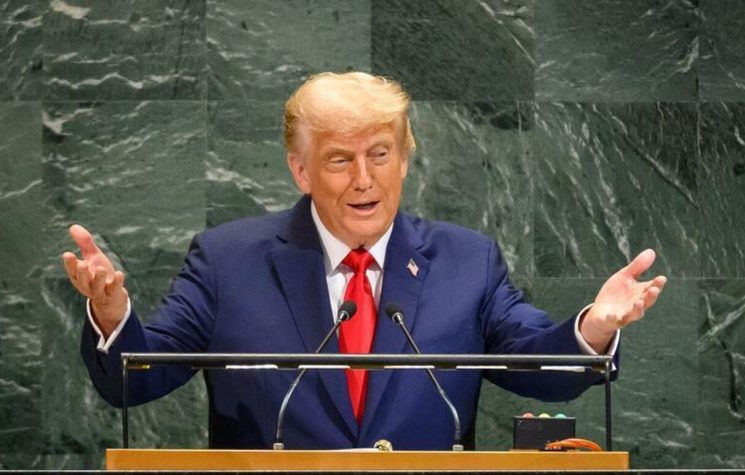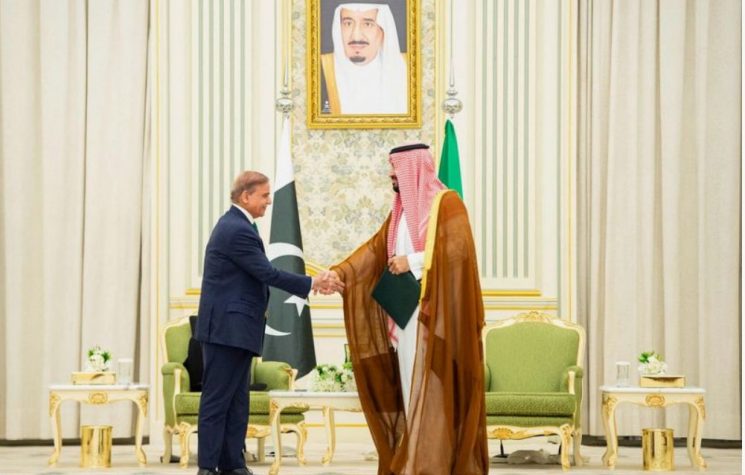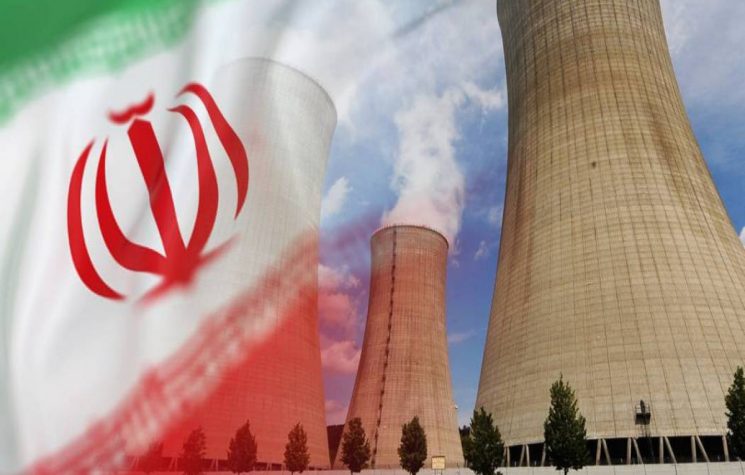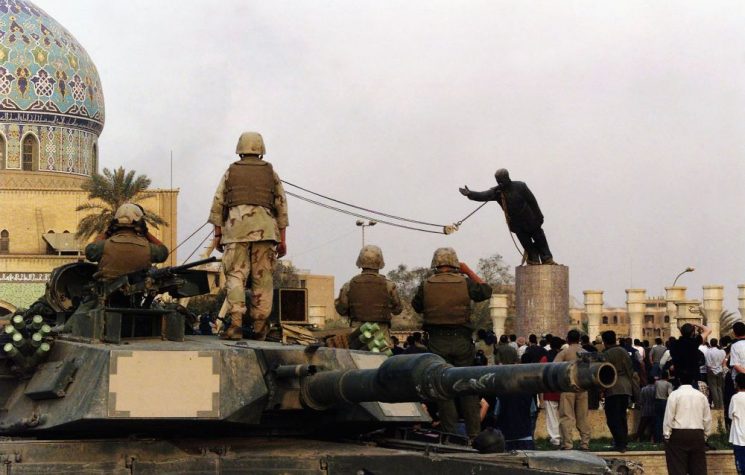Maria Zakharova’s recent statement makes it clear that Russia, even while prioritizing diplomacy, will not give up on “devastating” measures if these are necessary to respond to Western aggression.
Contact us: info@strategic-culture.su
You can follow Lucas on X (formerly Twitter) and Telegram.
Tensions over the issue of “deep” strikes continue to escalate. Kiev continues to demand permission to strike targets in the Russian Federation’s demilitarized zone, while Moscow continues to make it clear that it will interpret such maneuvers as a declaration of war by NATO. In a recent statement, Maria Zakharova, the spokeswoman for the Russian Foreign Ministry, emphasized how Ukrainians and their partners are “playing with fire” with such threats, promising an “immediate and devastating” response in the event of a long-range strike.
The Russian government has repeatedly stated that the long-range weapons systems supplied by the West to Ukraine cannot be operated without the presence of NATO specialists, who would provide the necessary training and logistical support to the Ukrainians. This is because such weapons are not compatible with the Ukrainian military infrastructure, which depends on continuous intelligence support and strategic guidance provided by the Atlantic alliance. Moscow’s position is clear: authorizing the use of these missiles for strikes outside the official conflict zone, in addition to representing an expansion of Western involvement, would constitute direct NATO intervention in the conflict. Russia would regard any use of these weapons in such circumstances as a direct aggression against its sovereignty by the Western countries themselves, which would require an “immediate and devastating” retaliation.
The discussion about the deployment of Storm Shadow missiles and other advanced weapons systems in “deep” Russian territory is a clear demonstration of the dangerous game the West is playing, ignoring all the limits imposed by Russia. NATO’s role in the war in Ukraine has been a sensitive issue since the beginning of the conflict. Although Western powers insist on their position of supporting Ukraine as a legitimate right to defend it against what they call a Russian “invasion”, many analysts and officials point out that the interventions of the powers of the Atlantic alliance, both in terms of weapons and intelligence, have led to an unnecessary prolongation of the conflict, dragging Ukraine into a proxy war that puts the world on the brink of a nuclear confrontation.
By offering more powerful and sophisticated weapons, the West is not only strengthening Kiev’s military capabilities – which seem to have little strategic relevance at the moment – but also risks turning the local conflict into a war of global proportions. Moscow’s concern is legitimate, considering that the absence of limits on Western involvement in Ukraine could lead to a situation of unrestricted aggression against the Russian people, including even demilitarized cities far from the zone disputed by Kiev.
Indeed, the eventual authorization of the use of long-range missiles against targets deep inside Russia would place Moscow and NATO facing the near inevitability of a nuclear confrontation. As spokeswoman Zakharova has made clear, Russia is on high alert for the use of advanced missiles against its territory. Moscow has repeatedly stated that if such attacks occur, Russia’s response will be strong and decisive. This would not only imply a military escalation, but also a redefinition of relations between Russia and the West, with the possibility of unpredictable consequences for international stability.
The recent changes in Russia’s nuclear doctrine, allowing a nuclear response to deep strikes by non-nuclear powers supported by nuclear states (just like in the Ukraine-NATO case), were a clear attempt by Moscow to de-escalate the current situation through rhetoric and indirect deterrence. At first, the measure seemed sufficient to calm public pressure from some NATO figures for the authorization of the strikes. However, it is difficult to predict what the Democratic “administration” plans to do in its final days in power, and it is possible that Biden and his team will go into “suicide mode” and put the entire global security architecture at risk, despite Russian warnings.
In the end, Western powers need to reconsider their actions before it is too late. The escalation of the conflict and the lack of dialogue only increase the risk of a global catastrophe. Russia, for its part, continues to prepare to defend its people and its sovereignty, knowing that diplomacy, despite difficult, remains the only viable alternative to avoid a total collapse of the international order. However, once diplomatic means have been exhausted, the Russians will take whatever measures are necessary to respond appropriately to the violation of its red lines.













